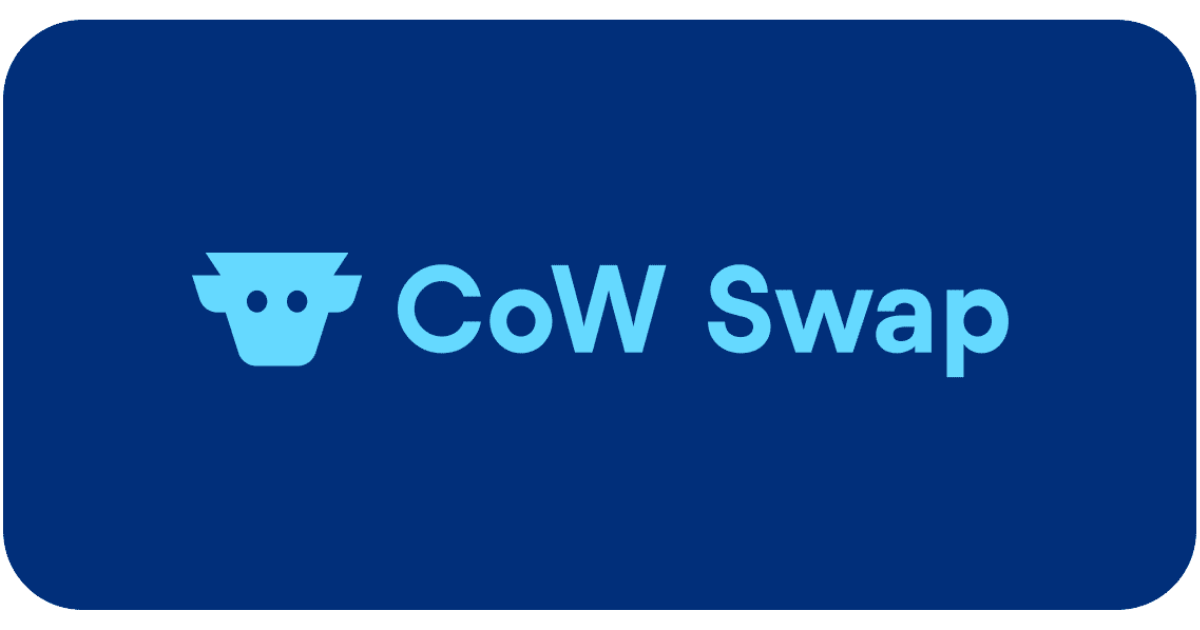Build wealth on
stable foundations.
Save and invest with ease using the first Polynesian platform fully dedicated to crypto.
Total Portfolio Value
€ 142,894.20
Autocompounding
Powered by industry leaders




Our investment products
Three ways to make your crypto work harder. Choose the product that fits your strategy.
Savings
Earn 7% APY on USDC instantly. Your funds are deployed to battle-tested DeFi protocols. Daily compounding, instant withdrawals, 100% covered*.
Start EarningSavings Pool
USDC • Daily compound
Your balance
$12,458.32
7% APY
+$2.39 today
30d yield
+$72.41
Total earned
+$458.32
Coverage
100%
Crypto Baskets
Thematic crypto portfolios expertly curated and automatically rebalanced. DeFi DEX, Blue Chips… Diversify in one click without managing multiple wallets.
Browse BasketsThe Essentials
BTC + ETH
$8,420
Total value
7d Performance
+3.24%
30d Performance
+14.2%
Link
Buy and sell your own Crypto basket on your Binance, Coinbase, or Kraken accounts via API. Zero withdrawal permissions required.
Join WaitlistLink
Connect your exchange

Binance
Read-only API

Coinbase
Read-only API

Solutions for professionals
Tailored for companies and fund managers
Savings for companies
Earn 4% on euros or 7% on dollars with institutional-grade security and daily liquidity.
White-label for fund managers
Launch your branded savings platform. Manage custom crypto baskets with complete infrastructure.
- Full white-label platform
- Manage crypto baskets
- Complete custody & compliance
Institutional-grade security
We don't hold keys on a sticky note. Coinstancy uses MPC (Multi-Party Computation) custody technology, ensuring no single point of failure.
-
100% Solvency
Assets are always backed 1:1. No fractional reserve banking. Verifiable on-chain.
-
Segregated Wallets
Client funds are strictly separated from company operational funds.
-
Whitelisted Addresses
Withdrawals only possible to your verified bank account or whitelisted wallet.
Multi-Party Computation
Policy Engine Active
Calculate your potential earnings.
Stop letting inflation eat your savings. Compare our stablecoin yields against traditional savings accounts.
Projected Balance
€ 12,250.43
+ € 2,250.43 profit
*Projections based on 7% APY with daily compounding. Rates may vary.
Based on 19 reviews
Depuis le début de l'histoire
"Je suis Coinstancy depuis le début, j'ai vu l'évolution de la société. Une entreprise pleine d'avenir qui mérite qu'on s'y intéresse."
Lucas
France
Équipe au top, réactive
"Une équipe excellente et très réactive pour répondre aux questions des clients. J'ai pleinement confiance."
Patrick Jullien
France
Just Use Coinstancy
"Efficace avec les stablecoins, portfolio diversifié, interface intuitive, transactions instantanées et dashboard bien conçu."
F.C
France
Frequently asked questions
Everything you need to know about Coinstancy
Do I need crypto experience to use Coinstancy?
No experience required. The platform is designed to be as simple as possible. You create your account, deposit funds, and select the strategy you want.
Do I keep control of my funds?
Yes, you maintain full control. Funds in your wallet belong 100% to you. Funds deposited into Savings are held in a shared multi-signature wallet. No single member of the Coinstancy team can act alone.
Can I withdraw my funds at any time?
Yes. You can initiate an instant withdrawal whenever you want. No lock-up periods or penalties.
Are returns guaranteed?
Savings yields are fixed. Crypto Basket and Staking yields are subject to market fluctuations. We clearly disclose all risks before you invest.
What happens if Coinstancy stops operating?
Your funds are secure. Client funds are segregated from the company's funds and remain fully available. You can withdraw at any time.
Your financial future starts here.
Join a platform that prioritizes security, transparency, and performance. No hidden fees, no lock-ins.
New accounts approved in under 5 minutes.